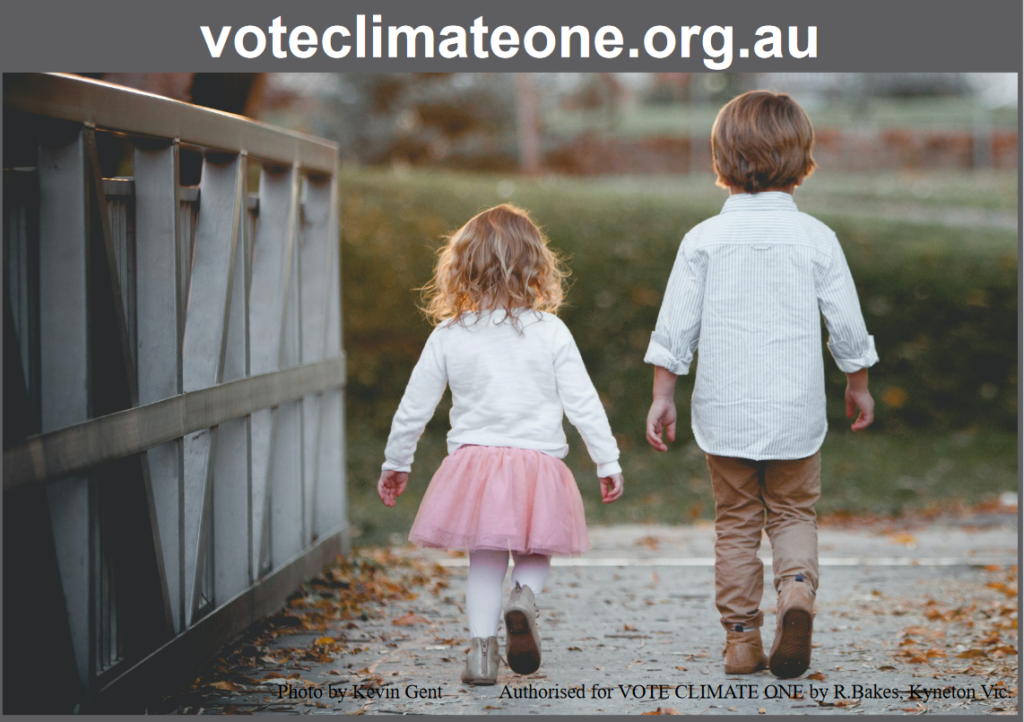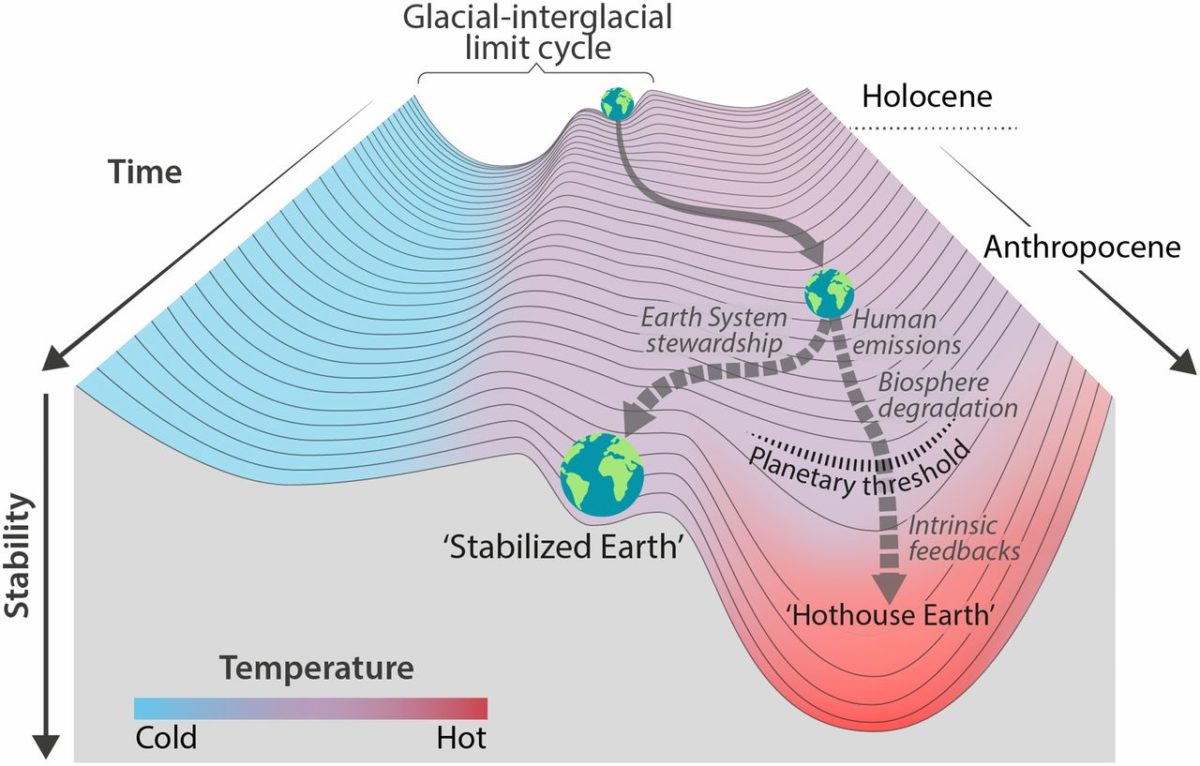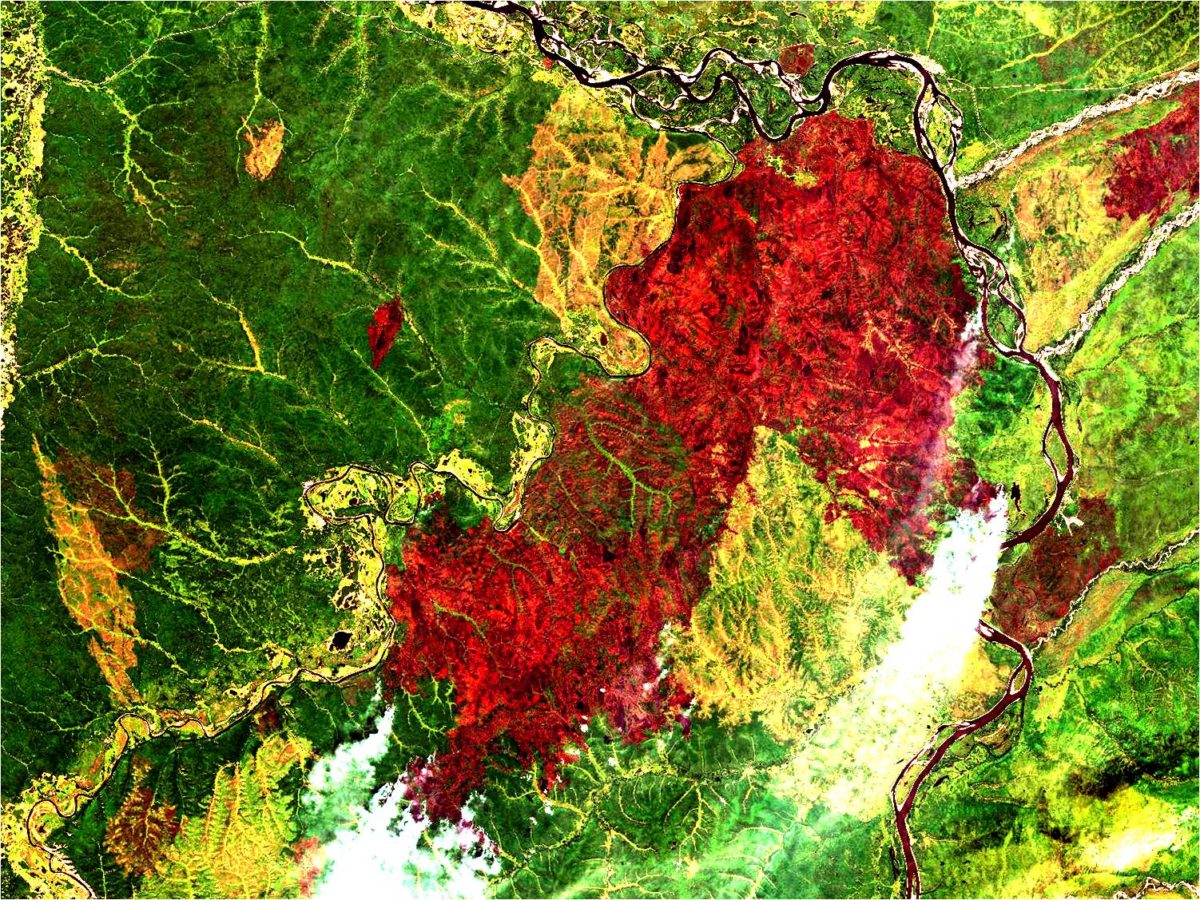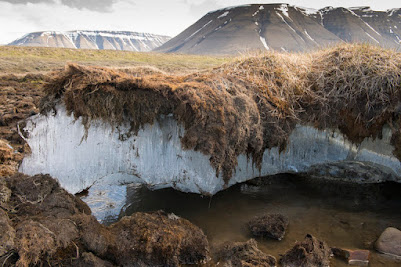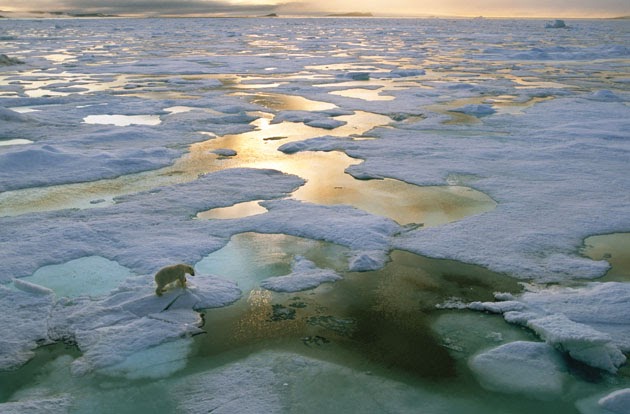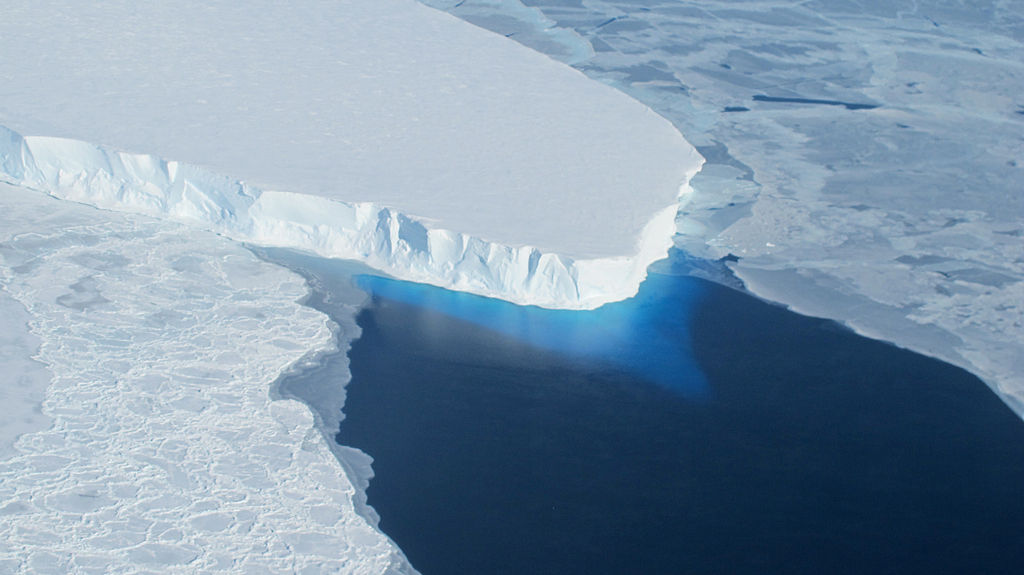Have we reached the point of no return on the road to runaway warming ending in near-term global mass extinction (including humans)?
Part 7 – concluding David Spratt’s guidebook to events along the road to Hothouse Hell: Have we triggered so many tipping points already that we are already at or past the point of no return?
Clearly, we wont know if we have passed the point of no return until it is too late to do anything about it. Spratt’s concluding comments to his guidebook need no embellishment from me. He lists 7 points. Basically I agree with all of him, except that I would state several of them even more strongly than he does:

Have tipping points already been passed for critical climate systems? (7) Summing up: Faster than forecast, cascades loom
01 February 2022
by David Spratt in Climate Code Red
Seventh in a series.
Read 1 | 2 | 3 | 4 | 5 | 6 | 7
Reflecting on the evidence presented in this tipping point series, a number of conclusions may be drawn:
1. At just 1.2°C of warming, tipping points have been passed for several large Earth systems. At just 1.2°C of global average warming, tipping points have been passed for several large Earth systems. These include Arctic sea ice, the Greenland Ice Sheet, The Amundsen Sea glaciers in West Antarctica, the eastern Amazonian rainforest, and the world’s coral systems. The world will warm to 1.5°C by around 2030, with additional warming well beyond 1.5°C in the system after that. Yet even at the current level of warming, these systems will continue to move to qualitatively different states. In most cases, strong positive feedbacks are driving abrupt change. At higher levels of warming, the rate of change will quicken. The meme that “we have eight years to avoid 1.5°C and tipping points” should be deleted from the climate advocacy vocabulary. It is simply wrong.
Read the complete article….
2. System-level change is happening faster than forecast. In each case surveyed above, abrupt change is happening earlier and/or faster than projected only two decades ago. The 2007 Arctic sea-ice collapse was “100 years ahead of schedule”; in 2014 the tipping point for Amundsen Basin glaciers was one that “none of us thought would pass so quickly”. It was said that the guardrail for coral reefs was warming under 2°C, then 1.5°C; it is now clear that it is under 0.5°C. In 1995, the IPCC projected “little change in the extent of the Greenland and Antarctic ice sheets… over the next 50-100 years”. The 2001 IPCC report suggested that the Greenland and the West Antarctic ice sheets would not lose significant mass by 2100. Both have now passed their tipping points. The effect of the permafrost carbon feedback has not been included in the IPCC scenarios, including the 2014 report. And on it goes.

In this now completed series of posts, Spratt has done an excellent job of summarizing the scientific observations that sound the klaxon fire alarm warning us that our planet is on fire. If we don’t wake up, smell the smoke, and mobilize global action to fight the fire, it will consume us humans along with most other complex life who share the still green(ish) planet with us.

Following on from Tony Abbott’s almost religious commitment to denying climate science, Scotty’s marketing backed up by his troop of puppets, buffoons, and knaves in Parliament have been for years almost totally successful in blocking any effective action against the climate emergency. This has been achieved through a rich mix of humbug, denial, lying, misrepresentation, blocking, delaying, and distracting smoke and mirrors.
If our children and grandchildren are to have any hope of surviving into the future, we have to remove the humbug troop from Parliament and replace them with sensible people who can be trusted to put action against the climate emergency at the top of their priority lists if elected. Vote Climate Ones, Traffic Light Voting System is designed to help you rank your preferences to do this, without telling you who you should vote for. With a new Parliament focused on what needs to be done to protect our burning house, we might be able to offer our families a viable future in a still functional biosphere.
